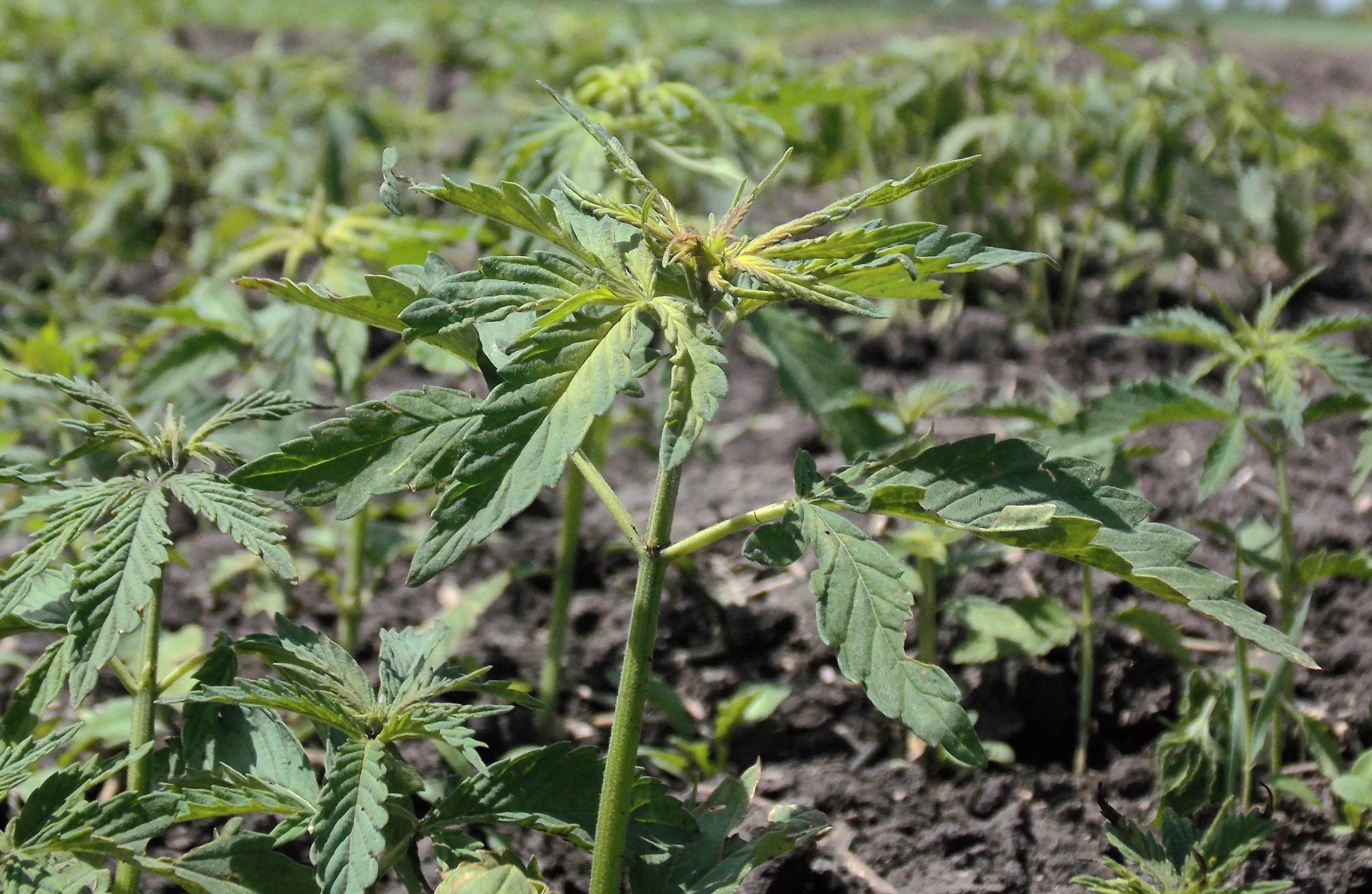
Flickr/Lesley L.

Audio By Carbonatix
A proposed state program that would have allotted seven figures to jump-start hemp processing failed to make it through the Colorado Legislature this session. The Colorado Department of Agriculture had requested $5 million for a new initiative to improve the state’s hemp industry by helping businesses acquire a key piece of processing equipment, but the proposal wasn’t approved.
Decorticator machines are still hard to find in the United States, where industrial hemp farming has been legal for just over three years, since the passage of the Farm Bill in 2018.
Grown for a variety of fibrous uses such as rope, clothing and even construction material, hemp needs relatively little maintenance during the cultivation stage. However, processing hemp fibers requires separating the stringy outer layer from its woody core, and traditional farming equipment such as wood chippers gets jammed up by the fibers. Turning a hemp stalk into usable fiber is still new and complicated for American manufacturers, who’ve struggled to find decorticators or successful alternatives.
According to the CDA, Colorado had one working decorticator as of last November, and the department believes there are only two more in the United States; the machines are manufactured outside of this country. Building a hemp-processing facility with a decorticator can cost anywhere from $600,000 to $3 million, the CDA notes.
The CDA had hoped to divide a little over $5 million between three private companies for hemp decortication operations, on the condition that each company matched the state funding for facility construction. The department’s targeted source of funding, the Marijuana Tax Cash Fund, which is intended for state programs related to legal and commercial marijuana, proved to be too difficult to access this round.
Subsequent attempts to find funding from other state sources, as well as a proposal to cut the decorticator grant budget to less than $2 million, were also rebuffed. Without the money to support it, the proposal failed to receive a legislative sponsor or make it to any budgeting bills.
Colorado’s legalization of recreational marijuana in 2012 made the state an early leader in hemp production, with the state topping the country in registered acreage for hemp farming in 2019. But the state’s registered hemp farming acreage dropped nearly 42 percent from 2019 to 2020, according to the CDA, and last year’s numbers are expected to show another dip.
Colorado hemp-industry stakeholders had hoped that a decortication grant program would help the state regain its head start on the rest of the country, but much of their energy this session was taken up by legislative discussion of modified cannabinoids and intoxicating hemp products. A proposal for hemp decortication grants or business incentives could return in 2023 if the proponents find funding outside of the Marijuana Tax Cash Fund, they say.